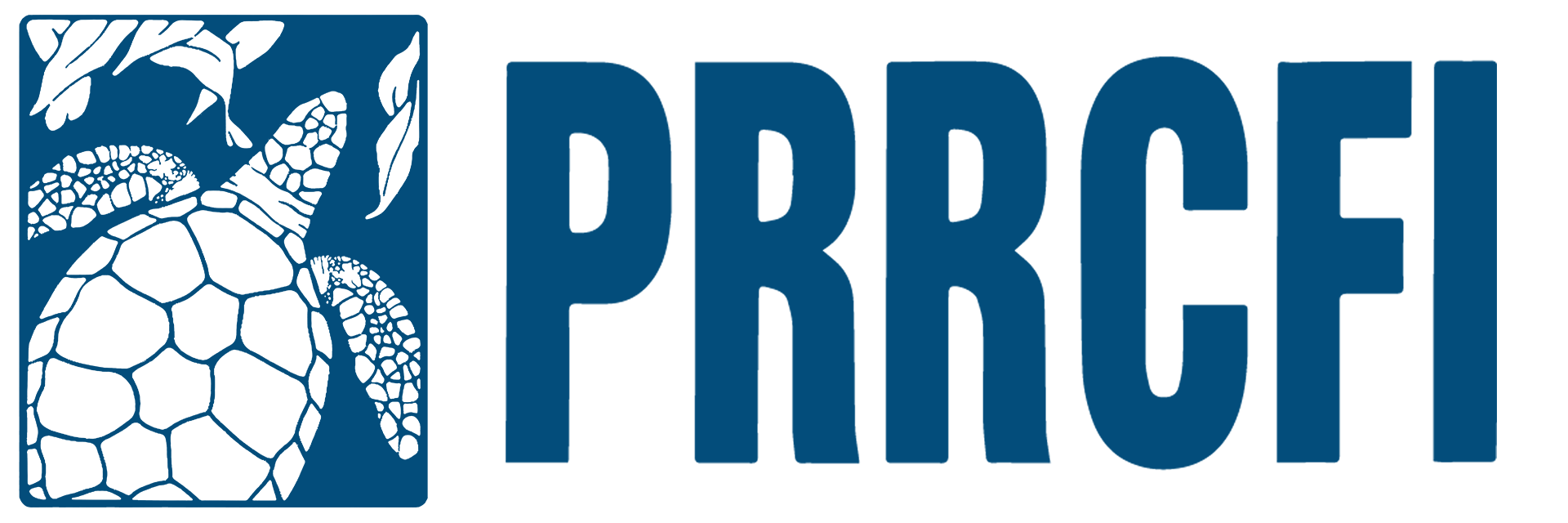Philippine Reef and Rainforest Conservation Foundation, Inc.
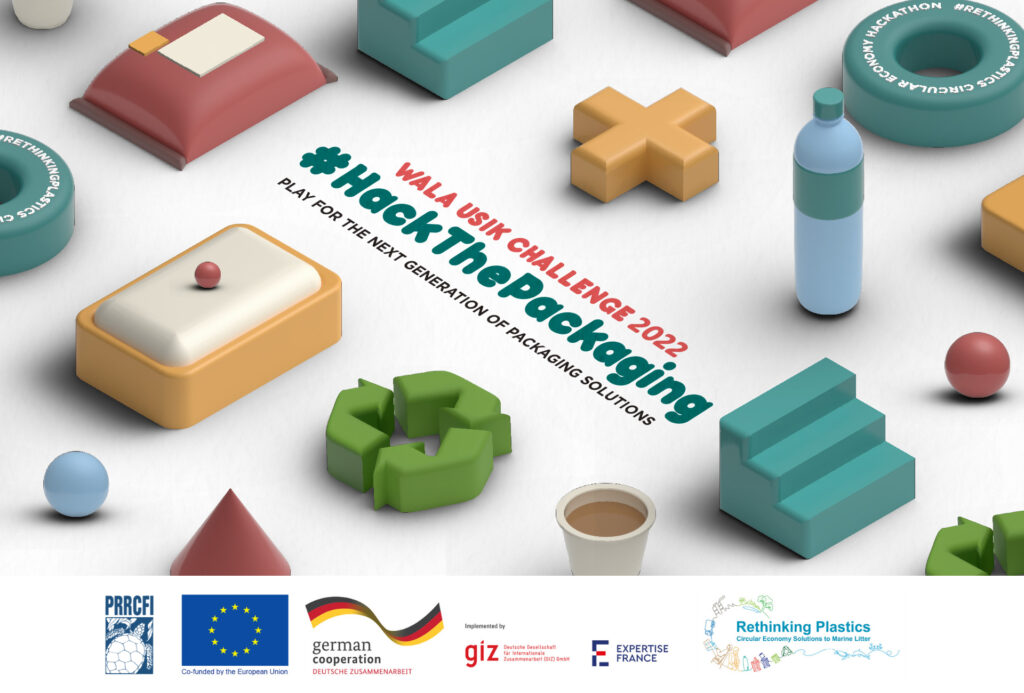
Wala Usik Hackathon 2022
What is this hackathon about?
Generate ideas to take the waste out of packaging, and packaging out of waste!
Enter the Wala Usik Challenge 2022: #HackThePackaging to help address global plastic pollution and to be a part of the next generation of creatives and innovators in circular economy.
Anyone can join for free, from the 7 countries in the Rethinking Plastics project: China, Indonesia, Japan, Philippines, Singapore, Thailand and Vietnam. The hackathon will be accepting entries from 9 February to 15 March 2022.
EXTENDED DEADLINE FOR LEVEL 1 ENTRIES:
15 March 2022
23:59 GMT+8
A shortlist of 30 individuals or teams will be chosen to participate in a circular design workshop with thought leaders in sustainability. Only 15 finalists will continue to the Hack Dates in April 2022 and unlock the next levels in a virtual 3-day rapid design thinking process, supported by mentors to ideate and prototype the final #HackThePackaging pitches.
The best ideas will be awarded with up to 1,000 euros each, and all generated concepts may be visualized in an open-source Magalog (magazine+catalog) of Circular Packaging Design Ideas, to inspire everyday circular thinking and future business ventures in the circular economy.
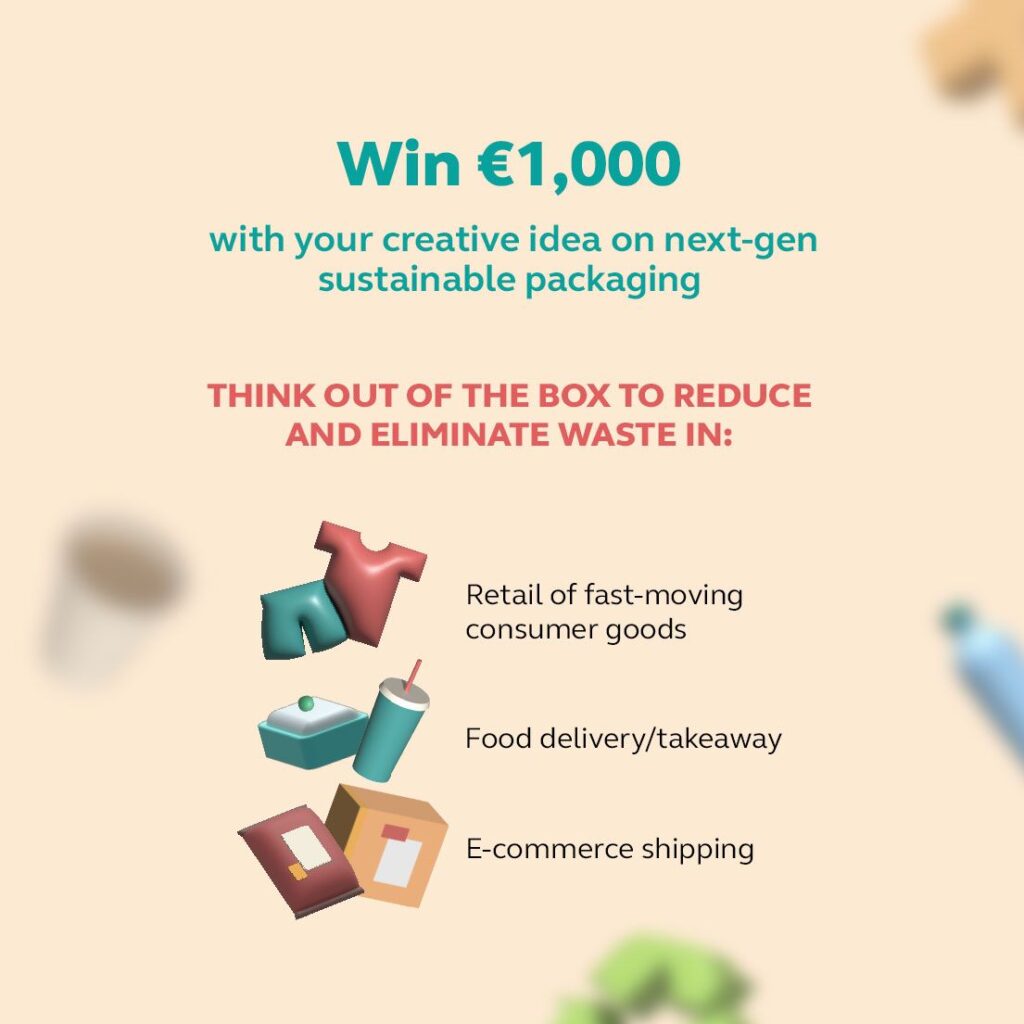
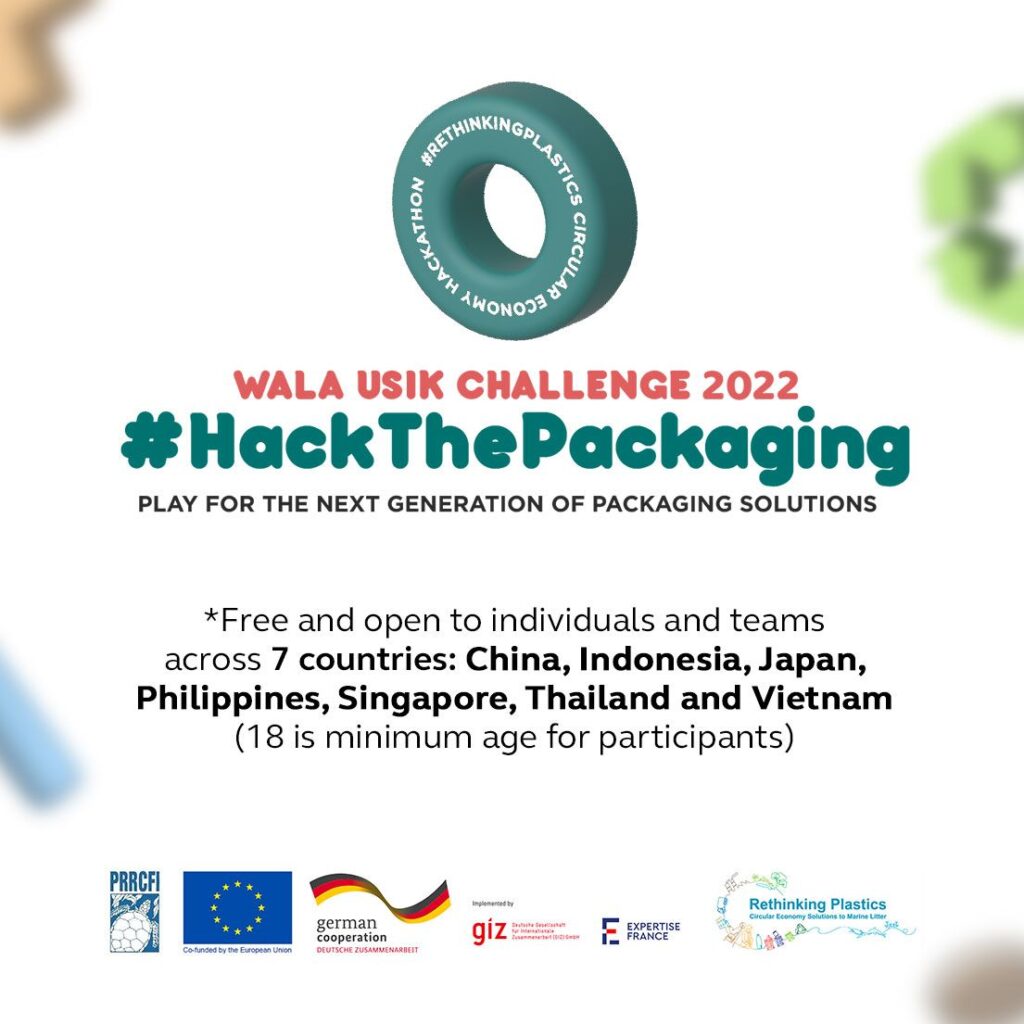
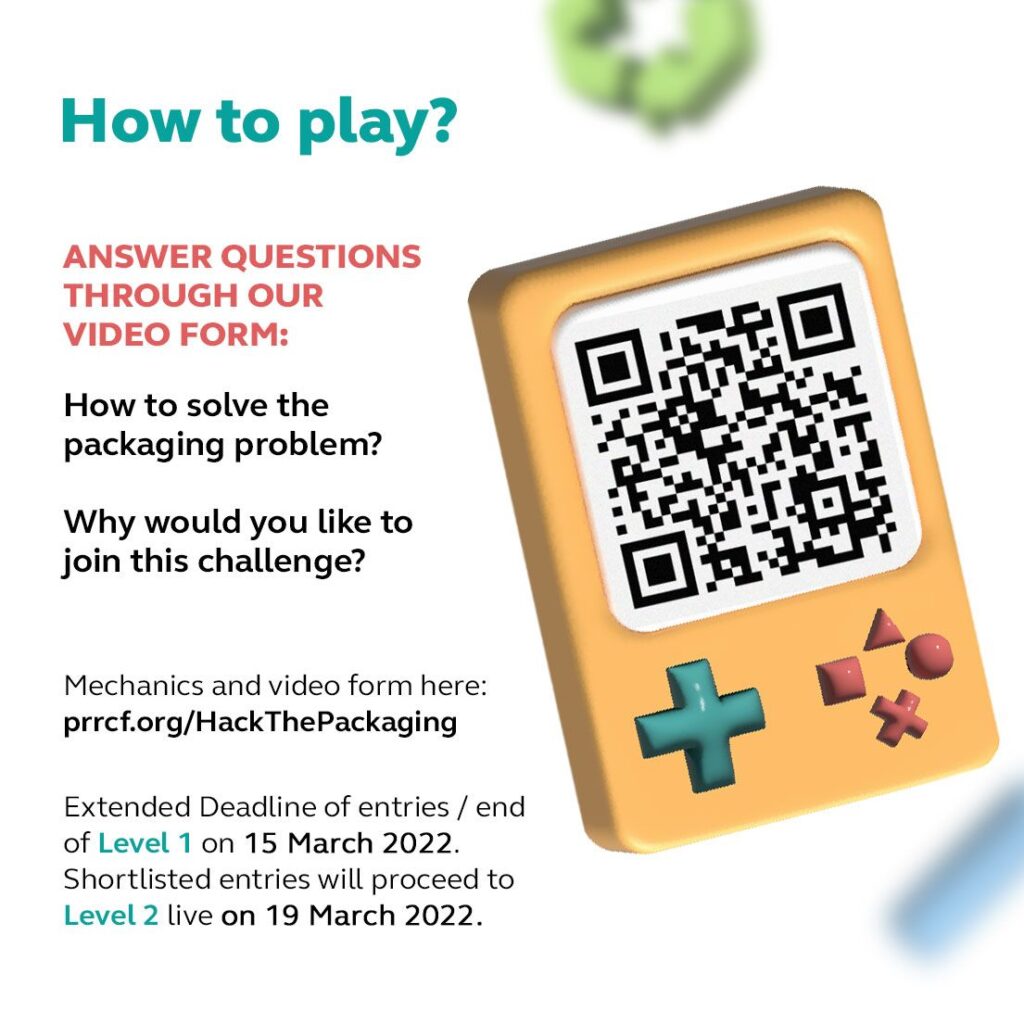
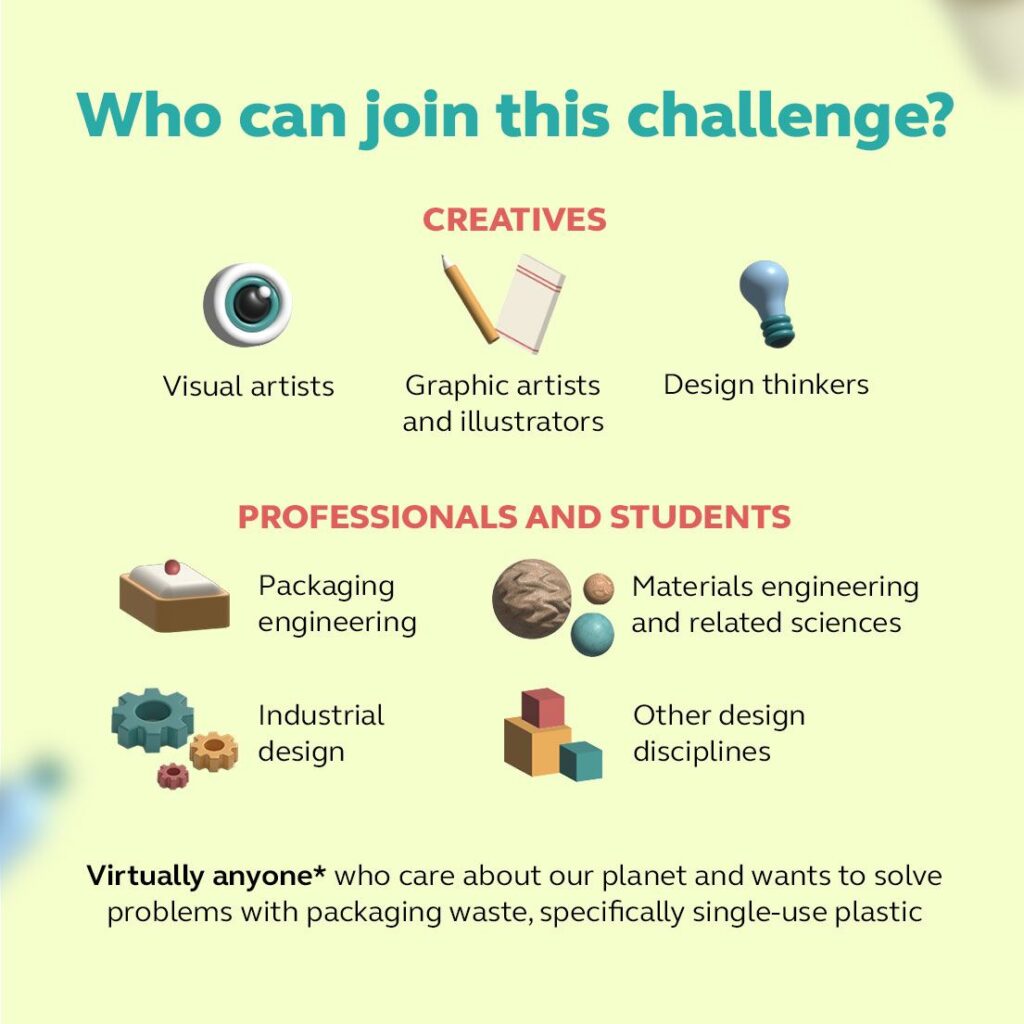
Ready? How to Play:
We literally have to think out of the box, in generating design ideas for packaging that will reduce single-use plastics and other polluting materials in food delivery and takeaway, e-commerce shipping, and retail of fast-moving consumer goods.
Ideating for this #RethinkingPlastics circular economy hackathon is also a learning and collaborative experience to (1) design out waste and pollution, (2) keep materials in use, and (3) regenerate natural resources. In the Philippines, circular design is expressed in the Hiligaynon/Bisaya phrase ‘Wala Usik,’ which means ‘nothing is wasted’ and ecosystems are conserved.
Press Start for Level 1
It’s easy! Prepare answers to the following questions that will be collected by the videoask form on this page.
To enter Level 1, play the video below or beside this note: You have to watch it, interact with it when the buttons appear (Click Start after the intro), and record/submit your answers directly in the videoform. Message us if you need assistance!
2-minute video: “What does it take to #HackThePackaging?”
Introduce yourself or your team and share your thoughts on the packaging problem and what it takes to solve it. You may briefly share initial idea(s) on how you will #HackThePackaging (having concrete ideas/solutions is not required at this point). If possible, mention your skill sets, experience or network that will be useful for your participation in the hackathon.
200-word note (or an option to record another video)
What does circular economy mean to you? Why would you like to join the challenge? What are your strengths? And/or what would you like to learn from this hackathon?
An optional attachment (1-page PDF) for visuals that could support your entry.
*The hackathon will be conducted in English, so all entries must be in this language. Individual entries may partner with a translator, and team applicants may include a translator.
A screening process will identify 30 shortlisted entries to go on to Level 2, based on how well they articulate their thought process in solving the plastic packaging problem, the quality of their answers demonstrating their potential as a circular designer.
Eligibility / Player Selection
- Citizens or residents, aged 18 and above, from any of the 7 APAC countries: China, Indonesia, Japan, Philippines, Singapore, Thailand and Vietnam
- Entries may be submitted by individuals or pre-formed teams with a maximum of 3 members
- Ability to communicate, speak and write in English (translators can be employed by the participants at their own cost or on volunteer basis)
- Willingness to participate in building a future for circular economy, even without prior experience or current capacity to form business ventures
- Availability to be fully present during virtual events / Game Levels of the hackathon
Key Dates / Game Levels **
*The detailed curriculum / sessions schedule will be shared to shortlisted qualifiers.
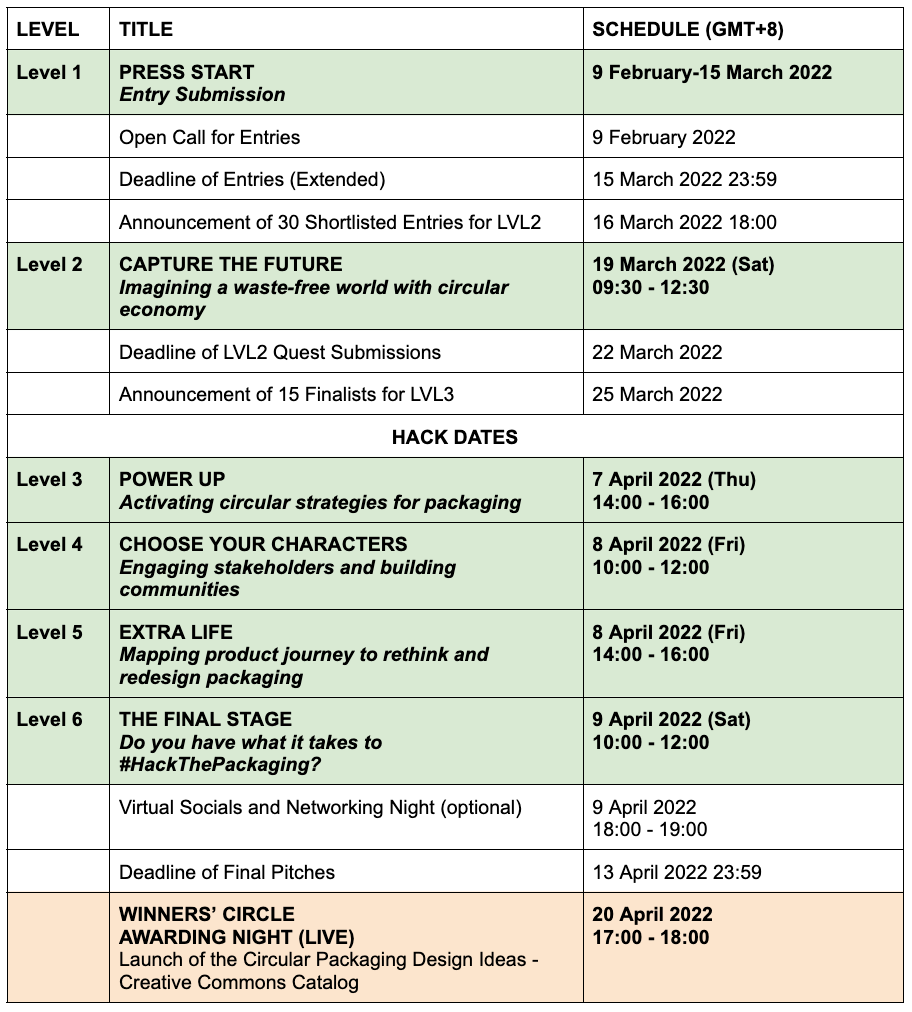
Support
You may email us at wu.economy@danjuganisland.ph, for:
Sponsorships and partnerships
Questions and clarifications about participation
Criteria / Points to Earn
The hackathon will capture and build on fresh and innovative concepts of circular packaging materials and/or systems enabling them. Examples of circular concepts are: packaging made of native, local or naturally compostable components, next-generation packaging materials for further research and development, shared reuse systems for containers, refilling or reuse business models, voluntary deposit return schemes, and even apps or web-based platforms.
The final #HackThePackaging pitch will be assessed for points under the following criteria:
Circularity
- Alignment with the 3 principles of Circular Economy:
1. Design out waste and pollution
2. Keep materials in use
3. Regenerate natural systems
- Status and potential of research and development (R&D)
- Soundness of Life Cycle Thinking (Eco-design and Product Journey)
Socio-Economic Value
- Targeted economic and financial benefits to communities
- Strategy to adapt and tailor to the local context
- Potential for partners, investors, market reach and network of support
Design Process
- Visual outputs
- Creativity and innovativeness in the design thinking process
- Ability to communicate collaboration and community-building for circular design
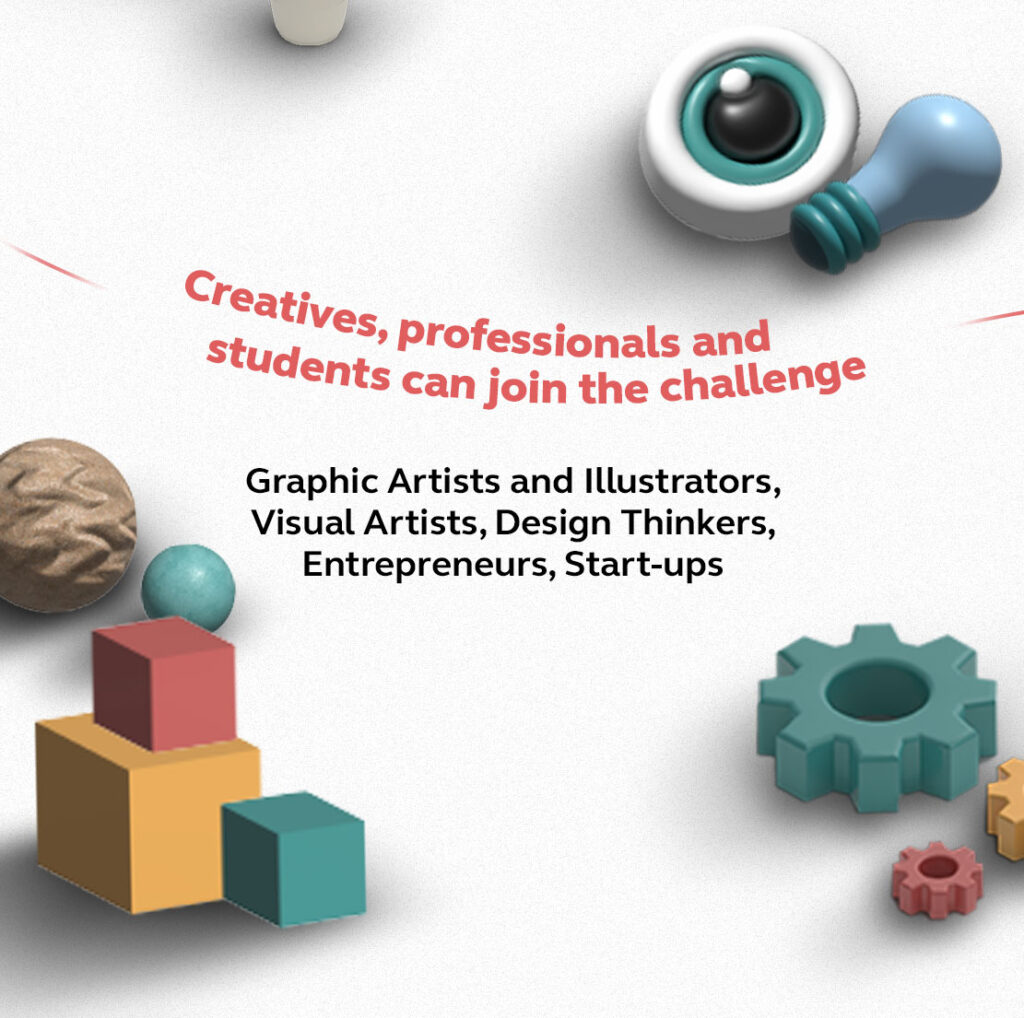
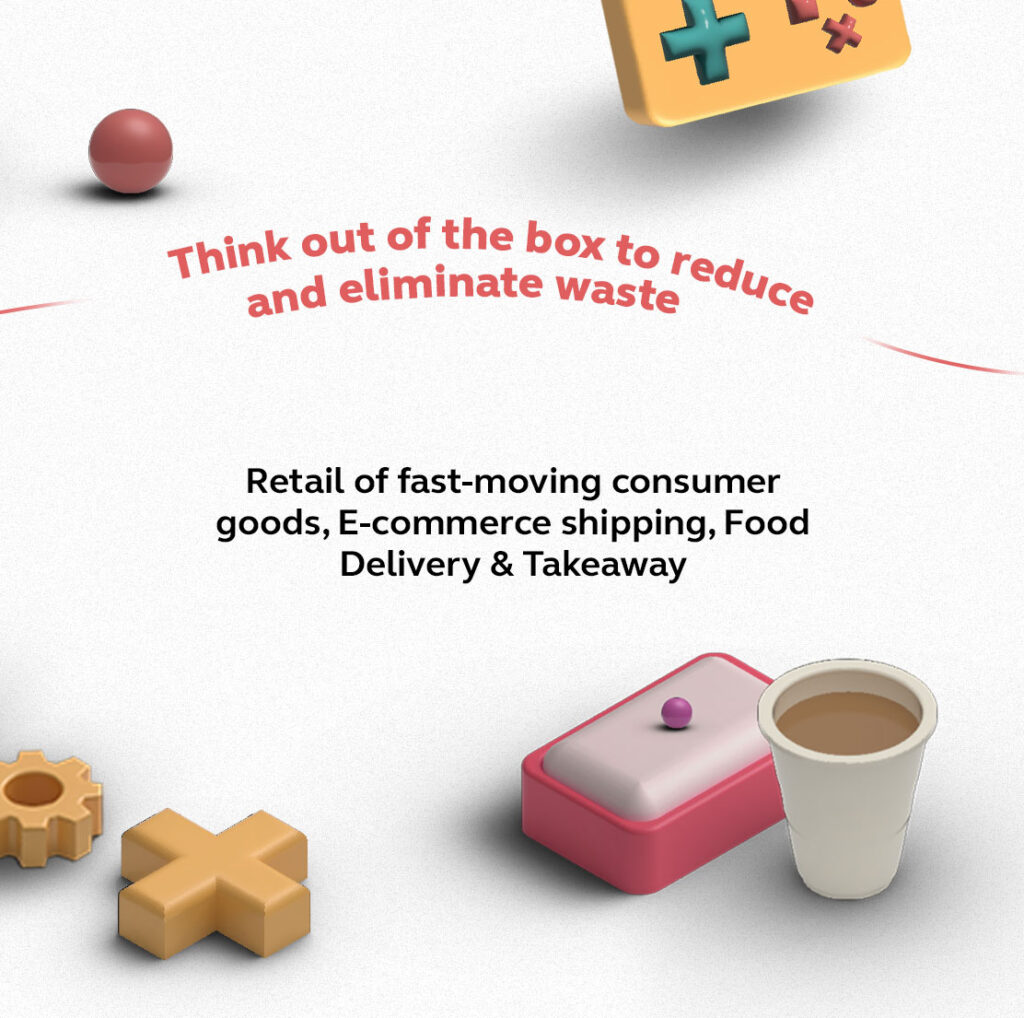
Project Partners
This webpage was created and maintained for an event organized by the Philippine Reef and Rainforest Conservation Foundation (PRRCFI) with support of the ‘Rethinking Plastics – Circular Economy Solutions to Marine Litter’ project. ‘Rethinking Plastics’ is funded by the European Union and the German Federal Ministry for Economic Cooperation and Development (BMZ) and implemented by GIZ and Expertise France.
The contents of this website are the sole responsibility of the PRRCFI and do not necessarily reflect the views of the European Union, the BMZ, GIZ or Expertise France.

